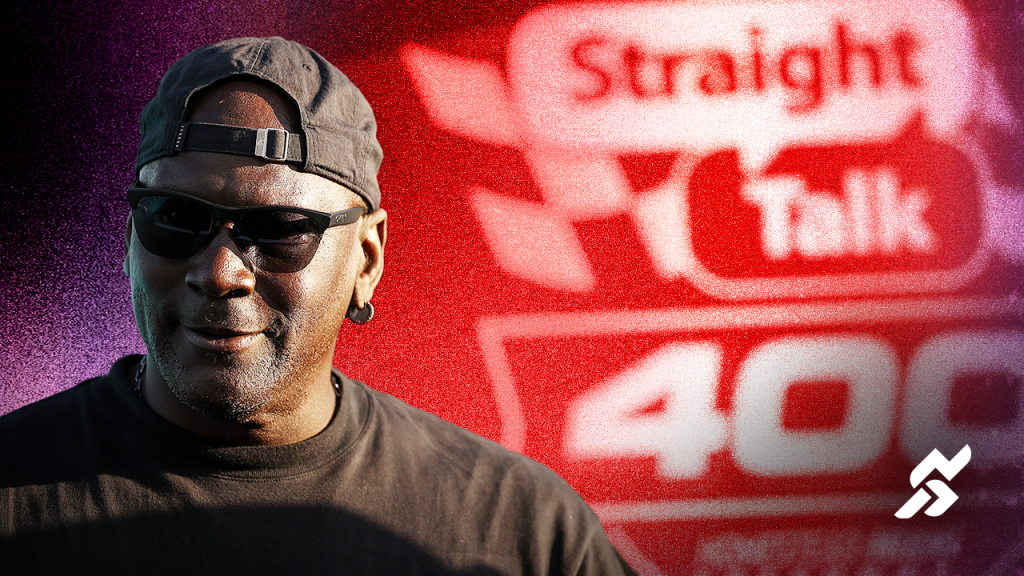In a brief that essentially blames 23XI Racing—which is co-owned by Michael Jordan, Denny Hamlin and Curtis Polk—and Front Row Motorsports for problems they contend are NASCAR’s fault, NASCAR on Monday urged a federal judge to deny the teams’ third motion for a preliminary injunction.
Represented by Christopher S. Yates of Latham & Watkins, NASCAR’s latest filing urges U.S. District Judge Kenneth D. Bell to reject an injunction that would prohibit NASCAR from denying 23XI and Front Row the same terms offered to charter teams without compelling 23XI and Front Row to sign a mutual release of legal claims.
“NASCAR,” the brief contends, “built the world’s best racing series from the ground up through 75-plus years of hard work, billions in investment and innovation . . . the antitrust laws celebrate, rather than punish, such success.”
NASCAR also asserts that antitrust laws don’t compel private businesses to rewrite contract offers so that they satisfy offerees’ demands. The association points out that 23XI and Front Row are “assured entry” for six open cars in the remaining 2025 Cup Series races, and that the teams chose to reject the kind of offer NASCAR made to charter teams.
Along those lines, NASCAR says it has made a simple business decision: It wants to partner with teams that are willing to sign. “Equity,” NASCAR maintains, “does not reward self-inflicted injuries.”
In addition, NASCAR asserts that Bell can’t force NASCAR to allow 23XI and Front Row to participate on what it maintains are preferential terms. NASCAR notes that the U.S. Court of Appeals for the Fourth Circuit “rejected such relief” when in June it vacated a preliminary injunction Bell issued.
NASCAR also tries to rebuke the underlying antitrust theory espoused by 23XI and Front Row.
NASCAR asserts that the teams have failed to identify “any motorsport competitor ever excluded by NASCAR” and argues that if it were a monopsony (i.e., a monopoly except instead of selling a product, it buys services—here services provided by teams and drivers), evidence would show NASCAR pays less.
“The opposite is true here,” NASCAR maintains. The association points out it hasn’t reduced the number of chargers and contends it “has repeatedly agreed to pay Charter holders more or create additional value for them.”
23XI and Front Row will have the opportunity to try to rebut NASCAR’s arguments.
Since suing last year, the two teams have insisted NASCAR relies on exclusive dealing provisions to contractually block racetrack owners from hosting other events, to diminish opportunities for teams and constrain the racing market. 23XI and Front Row also depict NASCAR as “the only premier stock car racing series in the United States” and as armed with such market control teams must accept what 23XI and Front Row depict as onerous terms.

